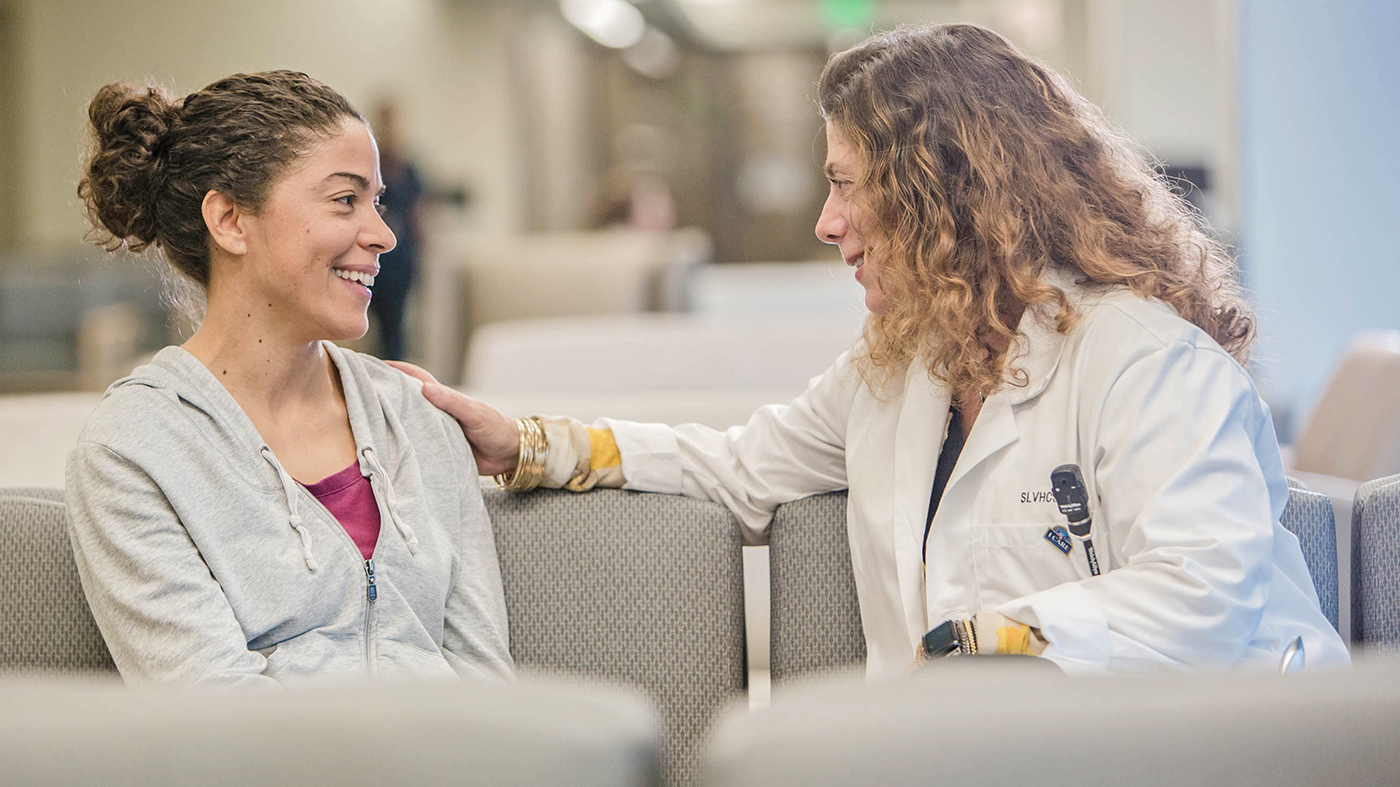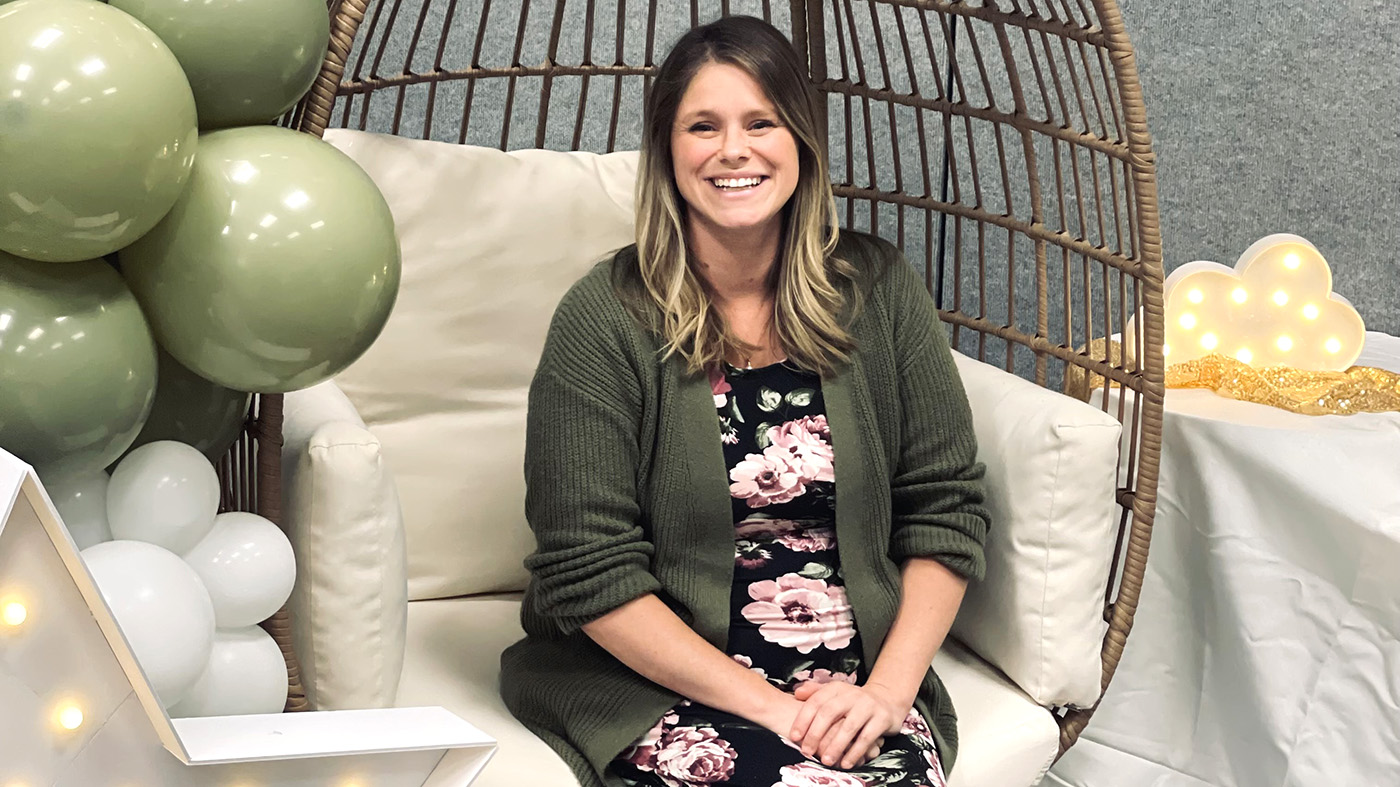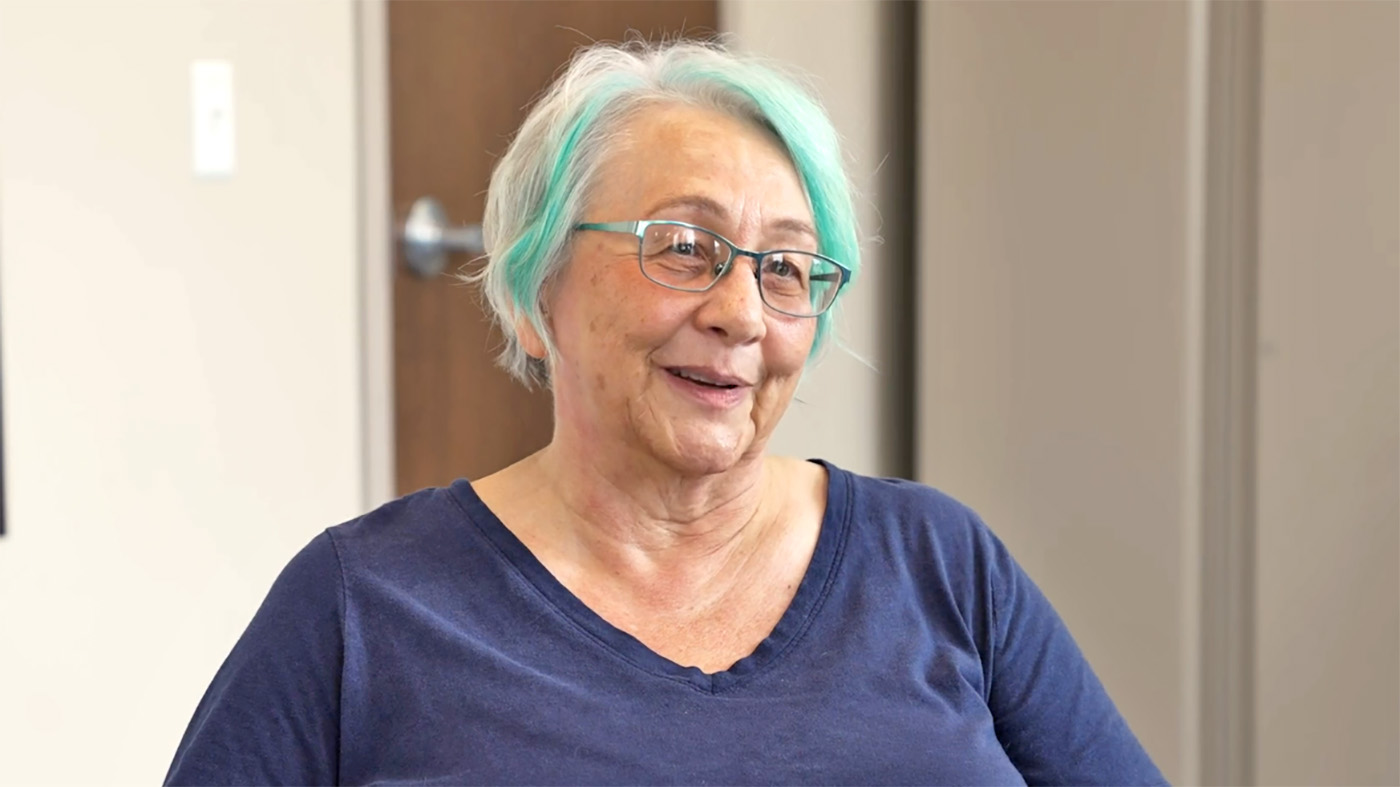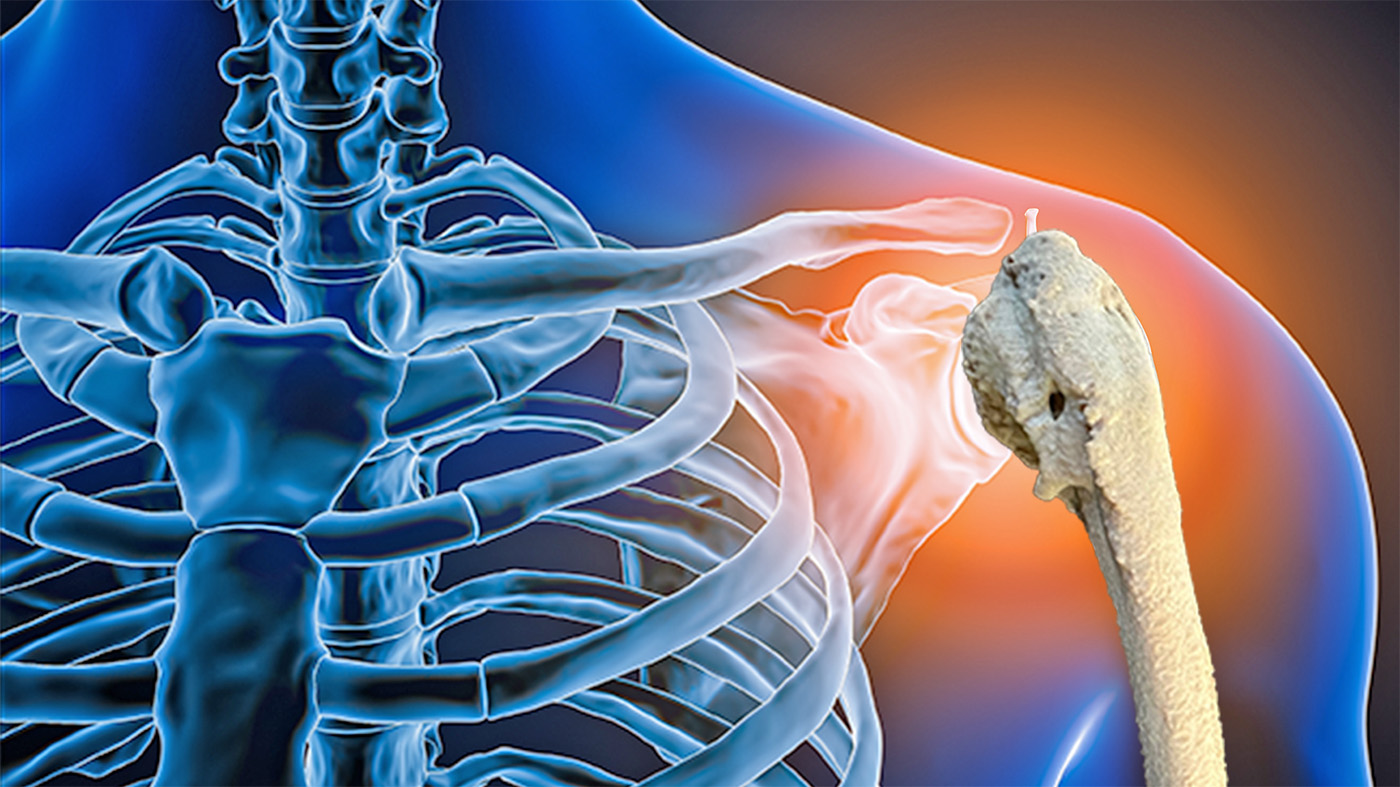VA’s National Center for Healthcare Advancement and Partnerships (HAP) helps create and manage partnerships between VA and community organizations. The goal is simple: bring together VA and those in the community who share the same goals and mission when it comes to providing Veterans with outstanding health care and support.
They are called Veteran Community Partnerships, or VCPs.
“Developing and nurturing strong partnerships with VA and community providers is crucial to supporting Veteran health care,” said Dr. Jamie Davis, HAP health system specialist. “VCPs are instrumental in ensuring these partnerships enhance the health and well-being of Veterans across the country.”
The East Bay VCP at Martinez VA is part of Northern California VA. Martinez VAMC and Veteran Community Partnerships focus on getting Veterans access to all available health care services.
Staff at Northern California Health Care System work with Veteran Community Partnerships and other VA facilities in the area to connect Veterans and their families to patient advocates. Veterans and their families who use Northern California VA can have a patient advocate help them communicate with VA staff.
Patient advocates also help Veterans understand and protect their rights and benefits, solve issues with appointments and medication, and find other resources including mental health support and housing assistance.
“We wear multiple hats,” said Kimball Hopson, chief of patient experience at Northern California VA. “It’s helping Veterans get through our health care system. It takes a team, and we are committed, along with Veteran Community Partnerships, to supporting and assisting Veterans in the best way we can.”
Northern California VA documented 9,164 Veteran contacts in fiscal year 2024.
Partnerships are important for Veteran care
Partnerships with non-VA organizations are important to Veteran Community Partnership’s goal of making sure Veterans get the best care at VA clinics or their local clinic. Veteran Community Partnerships works with more than 40 community organizations to give Veterans high-quality health care. Many of these organizations also work with PAs.
A few examples of Veteran Community Partnerships:
- Joybound Shelter to Service program: Turns rescue animals into facility dogs and cats and trained mental health service dogs for people with mental health issues.
- State of California Employment Development Department: Helps Veterans with employment and career development.
- Veterans Accession House: Provides transitional housing for Veterans in the Bay Area.
- Diablo Valley College: Helps Veterans, their families, and survivors go to college and get education benefits.
- Disabled American Veterans (DAV) of Concord: Helps Veterans reach their goals and live a better civilian life.
- Home Safety: Helps seniors and Veterans maintain and enhance their safety and quality of life at home.
- Ace Home Health and Hospice: Provides Veterans with home health care and end-of-life services.
- Hospice East Bay: Provides hospice and palliative care services.
Patient advocates in action
Patient advocates help Veterans find solutions. A patient advocate in Northern California VA found an organization that gave a Veteran a ride to their health care appointment. Another Patient advocate helped a homeless Veteran get from central California to southern California. That patient advocate also worked with a local hospital to make sure the Veteran was able to get treatment.
“The patient advocate and the VCP were key in making sure I got the care I needed,” said one Veteran when asked about Veteran Community Partnerships and PAs. “Their support meant I didn’t have to deal with my health care needs alone. I asked for help and, instead of giving me a number or a list, they dealt with my situation right away.”
Getr more information about VCPs.
Get more information about VA partnerships.
Topics in this story
More Stories
Army Veteran Samantha Hoving was one of 49 women Veterans at Houston VA’s ninth annual Veteran baby shower.
Veteran Laurie Hardin describes how immersive technology helps her manage chronic pain, relax and virtually enjoy new experiences.
Office of Advanced Manufacturing's 3D-printed shoulder model transformed a Veteran's surgery, leading to improved quality of life.







I am very certain that I have a hearing issue and I would like to be tested and get some help.
Thank You
Dave Morgan